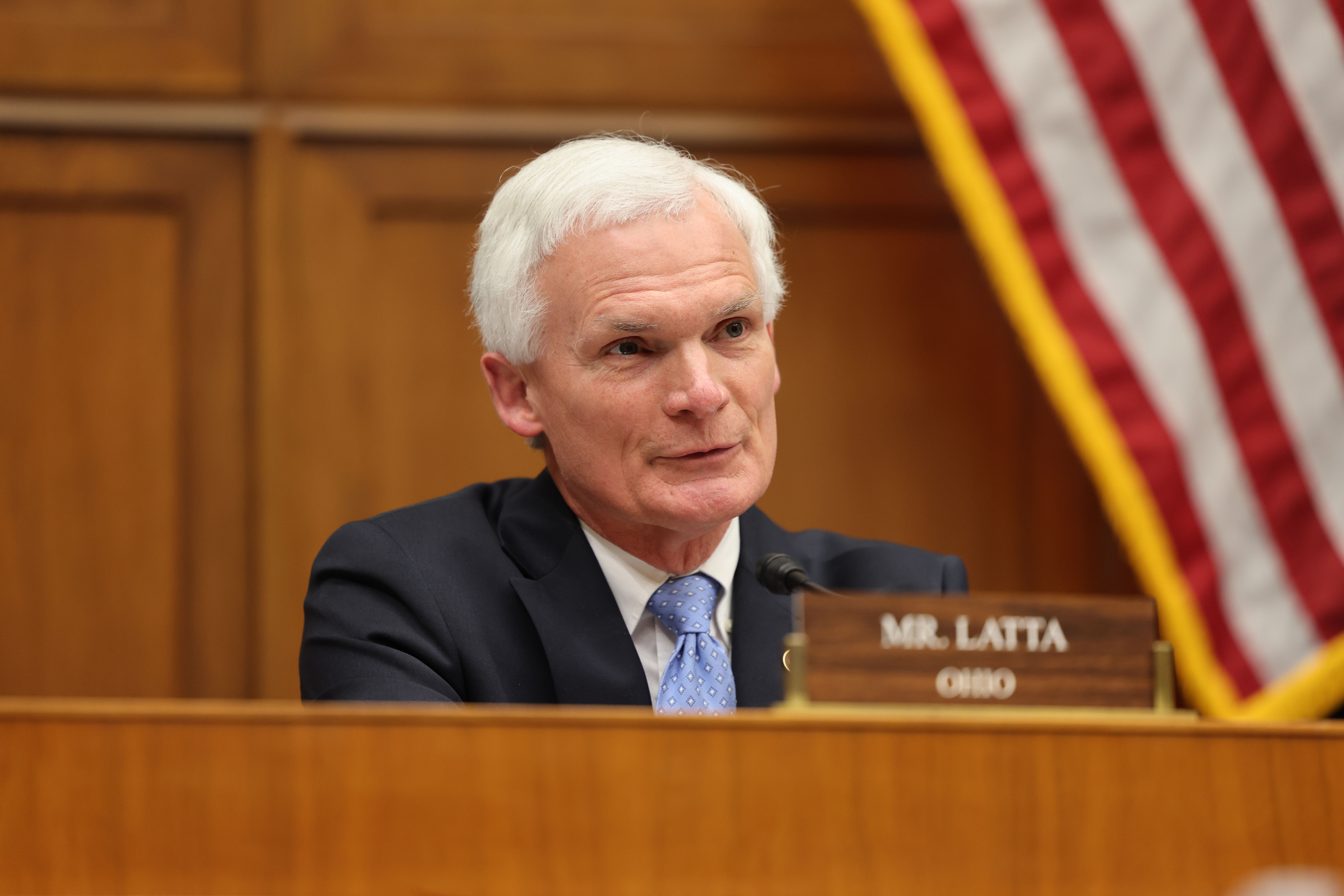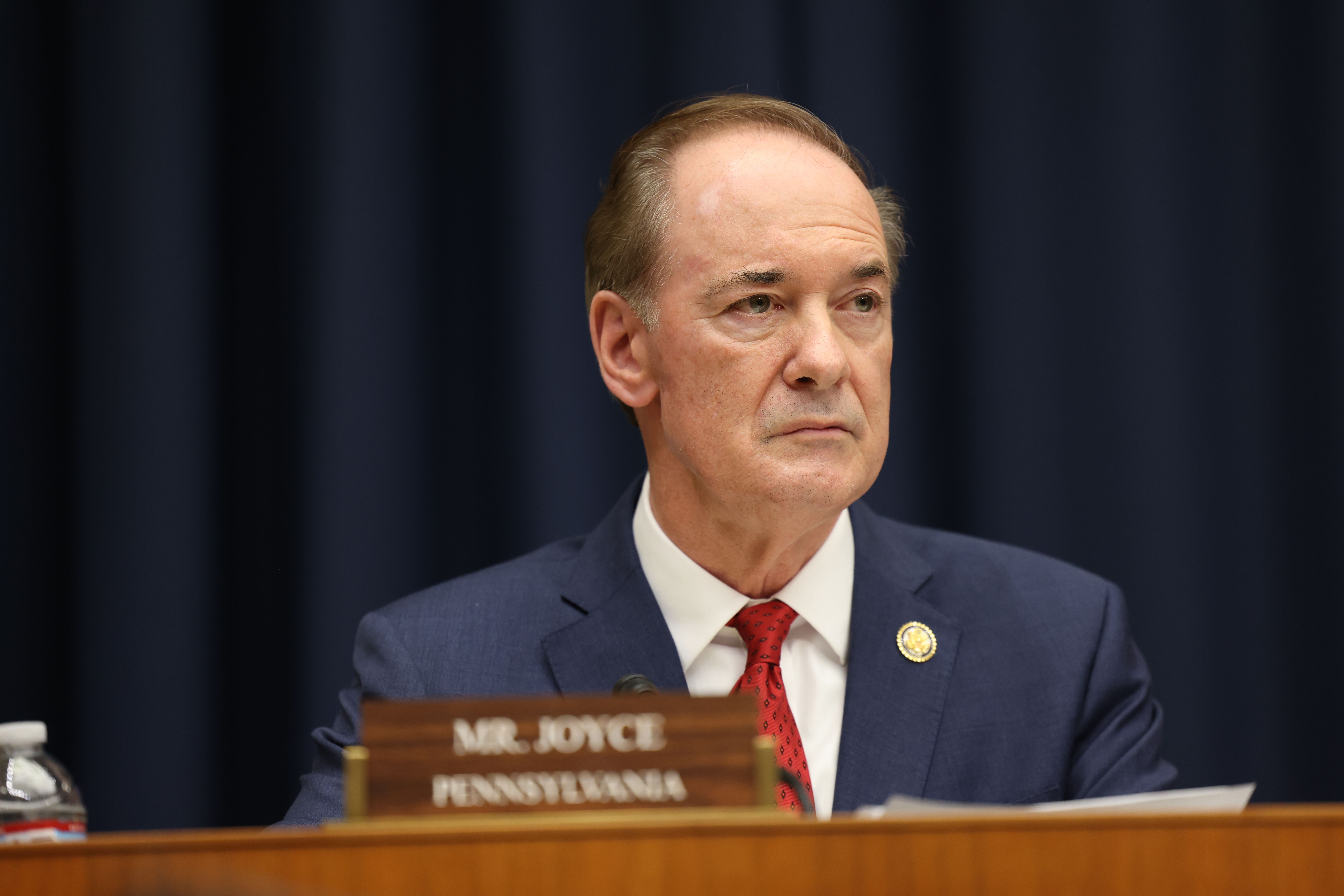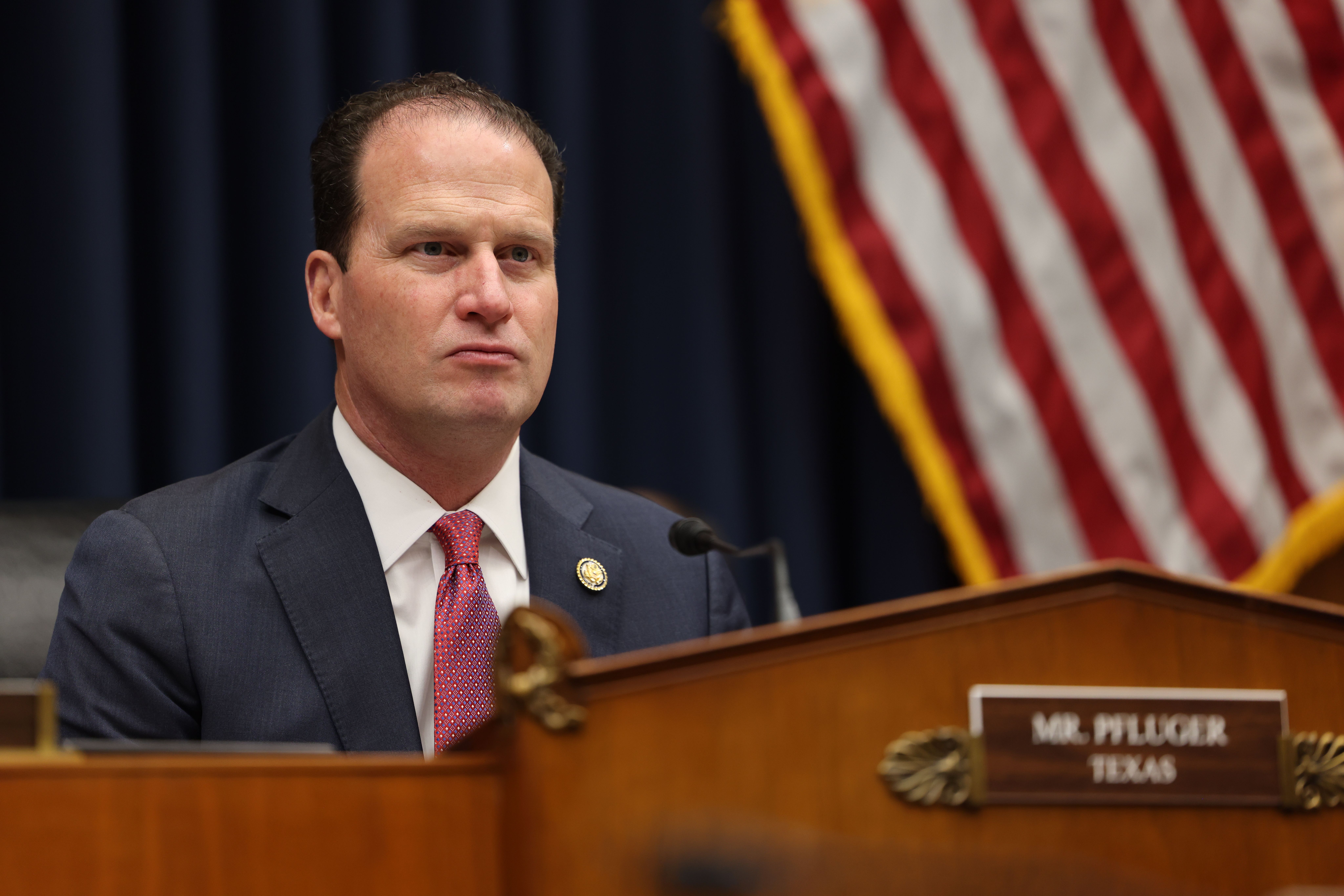WASHINGTON, D.C. – Congressman Brett Guthrie (KY-02), Chairman of the House Committee on Energy and Commerce, Congressman John Joyce, M.D. (PA-13), Chairman of the Energy and Commerce Subcommittee on Oversight and Investigations, Congressman Morgan Griffith (VA-09), Chairman of the Energy and Commerce Subcommittee on Health, Congressman Jason Smith (MO-08), Chairman of the House Committee on Ways and Means, Congressman David Schweikert (AZ-01), Chairman of the Ways and Means Subcommittee on Oversight, and Congressman Vern Buchanan (FL-16), Chairman of the Ways and Means Subcommittee on Health, authored ** a letter ** to the U.S. Department of Health and Human Services (HHS) Office of Inspector General (OIG) requesting a meeting on the concerning evidence detailed in the letter that points to large-scale, ongoing Medicare fraud in Los Angeles County, along with what action is being taken to address the situation.
“The House Committee on Energy and Commerce has an extensive history of digging deeper into matters where program integrity has been compromised. This letter is crucial in our commitment to eliminating waste, fraud, and abuse in federal health care programs,” said Chairmen Guthrie, Joyce, and Griffith. “Republicans have spent much of this Congress furthering legislation to protect our most vulnerable Americans—especially seniors, but our work is not done. Continued oversight is crucial to uphold the integrity of programs that serve our most vulnerable populations. We applaud the ongoing work being conducted by HHS-OIG in cracking down on the fraud that has occurred, and we look forward to addressing the larger-scale scheme that is draining public resources from Americans who need these services the most.”
“Medicare home health and hospice fraud directly undermines the safety and reliability of care for America’s most vulnerable seniors. Auditors have reported an unprecedented jump in home health and hospice fraud in Los Angeles County, California – including one report showing 112 different hospices located at the same physical address. With $1.2 billion in improper payments in home health claims and the Inspector General reporting $198 million in suspected hospice fraud, Gavin Newsom’s California could just as well be another Minnesota,” said Chairman Smith. “The Ways and Means Committee will not hesitate to use our broad oversight authority to get to the bottom of this and protect taxpayers and vulnerable patients against these bad actors.”
BACKGROUND:
Evidence has strongly suggested large-scale Medicare fraud involving home health agencies (HHA) and hospice agencies in Los Angeles County, California, noting that such practices not only drain public resources but also compromise the quality of care provided to patients, especially those most vulnerable populations.
- The Centers for Medicare and Medicaid Services (CMS) found that the 2023 improper payment error rate for home health claims was 7.7 percent, or about $1.2 billion, in 2023.
- In terms of hospice care, HHS OIG reported suspected hospice fraud to be an estimated $198.1 million in fiscal year (FY) 2023.
- CMS has placed HHAs as an area of high risk for Medicare fraud.
Emerging concerns over Medicare fraud in the HHAs and hospice sector highlights heightened activity, specifically in Los Angeles County.
- From 2019 through June 2023, HHAs in the U.S. decreased from 8,838 to 8,280 (6 percent), while, at the same time, HHAs in Los Angeles County increased from 896 to 1,309 (46 percent).
- More than 1,400 new Los Angeles County HHAs enrolled in Medicare in the last five years, representing over 50 percent of all HHAs in the state of California and nearly 14 percent of all HHAs in the country.
Based on data from the March 2022 California State Auditor’s Report and from HHS on hospice ownership, Los Angeles County had more than 31 percent of the hospice agencies in the U.S. in 2022.
- There were approximately 58 million seniors in the U.S. in 2022, with Los Angeles County having approximately 1.49 million seniors (2.5 percent).
- The report highlighted indicators that included a “rapid, disproportionate growth in the number of hospice agencies” and “excessive geographic clustering of hospice agencies,” noting that 112 different licensed hospice agencies were located at the same physical address.
- State auditors in California estimated that hospice agencies in Los Angeles County likely overbilled Medicare by $105 million in 2019.
These accounts of widespread fraud occurring in Los Angeles County’s HHAs and hospice agencies have raised concerns about whether home health and hospice Accrediting Organizations (AO) are effectively examining such organizations at the time of their enrollment in Medicare.
- In November 2024, CMS issued a Quality, Safety, and Oversight memo to surveyors, reminding them to closely inspect hospices’ Medicare enrollment documents to understand changes in ownership and location, but neglecting to encourage AOs to pursue other commonsense antifraud measures.
In April 2025, HHS OIG announced that the Office of Audit Services would compile a report for FY 2026 to identify trends, patterns, and comparisons that could indicate potential vulnerabilities related to new Medicare hospice provider enrollments.
In May 2025, the Health Care Fraud Strike Force—a joint task force of federal, state, and local law enforcement agencies, including HHS OIG—** announced multiple arrests ** following a multi-year investigation into Armenian Organized Crime, which dismantled five hospices in the greater Los Angeles area.
On November 28, 2025, CMS ** announced ** the Calendar Year 2026 Home Health Prospective Payment System Final Rule, providing comments that suggest an interest in addressing the aforementioned accounts of fraud.


